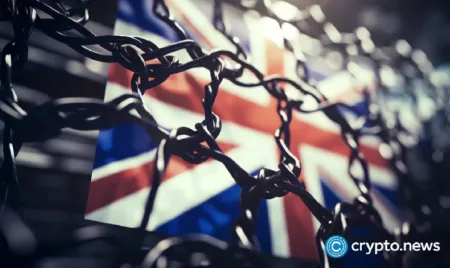Analysts have begun to try to explain the weak performance of HMSTR, the Hamster Kombat official game token, since its token generation event and subsequent airdrop. Neomarkets chief analyst Oleg Kalmanovich assessed that one of the key problems for the projects included the dilution of HMSTR, calling its airdrop a time Ponzi scheme.
Hamster Kombat Blasted With Ponzi Scheme Allegations, Could Face Lawsuits
Hamster Kombat, one of the most successful games distributed via Telegram, is facing criticism from several analysts who have called the project’s token a Ponzi scheme. The statements come after the token has shed 42% of its initial listing price of $0.01 in the market.
Oleg Kalmanovich, chief analyst at Neomarkets, stated that one of the biggest problems with HMSTR’s token generation event and its subsequent airdrop was the dilution of the token value due to the large number of participants.
Talking with Russian media, Kalmanovich explained:
There were 300 million participants in Hamster Kombat, and 130 million participants reached the drop – this is a gigantic number. Each of them cannot get millions.
Furthermore, Kalmanovich stated that this was just like any classic pyramid, but that instead of money, the only thing that players could lose was time. Kalmanovich’s ideas resonate with the opinions of many users who complained about their token allocation, calling it one of the worst airdrops in the world.
HMSTR’s behavior was anticipated by Sergey Ramaninov, another financial analyst, who assessed that “within 24 hours after the launch, the token will probably fall — a huge number of users will sell the digital assets they received for free.”
As a consequence of this perfect storm, the inclusion of an anti-cheating strategy just days before the airdrop, and the meager HMSTR bounties collected by some, Russian media reports indicate some players have considered suing the game developers. However, Russian experts believe that all of the game’s agreements need to be reviewed to clarify if Hamster Token violated its obligations or misled players.
What do you think about HMSTR’s performance and possible legal actions against the project in Russia? Tell us in the comments section below.
Read the full article here









